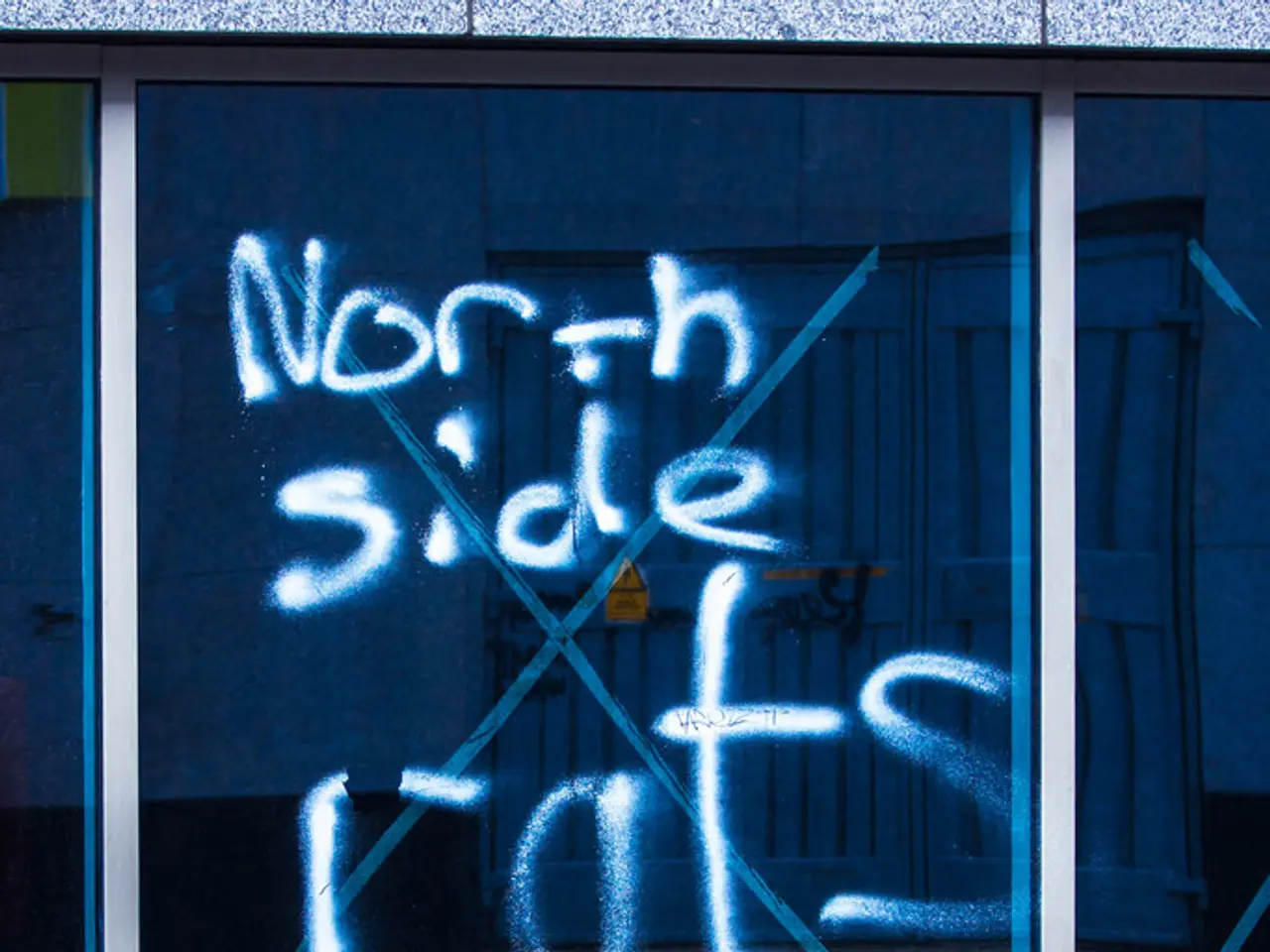Criticism levied at border control measures by Saarland refugee council
In a significant development, the Saarland Refugee Council has voiced concerns over Germany's tightened border controls, describing them as a form of "racial profiling." This policy, initiated under the GEAS reform, aims to secure the EU's external borders and expand the powers of Frontex.
The controversy surrounding the new border regime has been brewing since 2024, with increased enforcement noted by summer 2025. Peter Nobert, representing the Saarland Refugee Council, has been a vocal critic, condemning the policy of isolation and rejection of refugees.
Alexander Dobrindt, the Federal Interior Minister, is the driving force behind these border controls. His policy, aimed at preventing "irregular migration" to Germany, has been celebrated by conservatives and far-right groups since 2015. However, the Saarland Refugee Council's stance remains firmly against such measures.
The council insists that asylum applications must be accepted and examined in Germany, a position that potentially questions the central aspect of European policy on freedom of movement within the EU. Nobert has expressed concern over the Saarland SPD state government's support for Dobrindt's border policy, describing it as "backward and illegal nonsense."
The Saarland Refugee Council's demands include an immediate end to border controls, citing the human right to asylum. They argue that current border controls in Luxembourg and France aim to reject asylum seekers at the Saarland border.
The narrative of a "national emergency" is being used to justify these border controls, but this practice may not hold up in the European Court of Justice (ECJ). The council argues that such measures violate European and international law, including the EU Asylum Procedures Directive and the Dublin III Regulation.
Nobert has also pointed out that no one in Saarland, a region that benefits greatly from the freedom of movement within the EU, can seriously want such border controls. He reiterates the council's stance that repulsion of asylum seekers at the borders is unacceptable.
Recently, a headline in the BILD newspaper read, "Dobrindt orders: Asylum stop at all borders - IMMEDIATELY!", indicating a firm stance on the issue. As the debate continues, the Saarland Refugee Council's demands for a more compassionate and law-abiding approach to asylum seekers remain a significant voice in the discourse.
Read also:
- United States tariffs pose a threat to India, necessitating the recruitment of adept negotiators or strategists, similar to those who had influenced Trump's decisions.
- Weekly happenings in the German Federal Parliament (Bundestag)
- Southwest region's most popular posts, accompanied by an inquiry:
- Discussion between Putin and Trump in Alaska could potentially overshadow Ukraine's concerns








